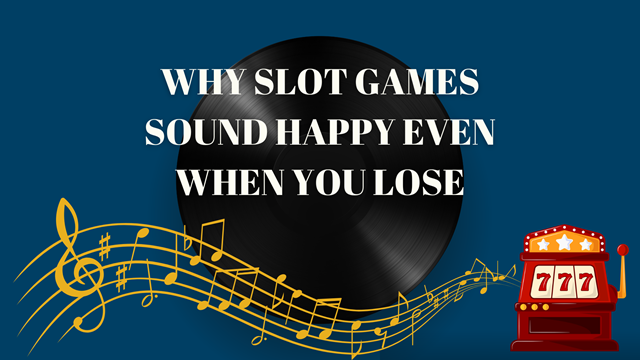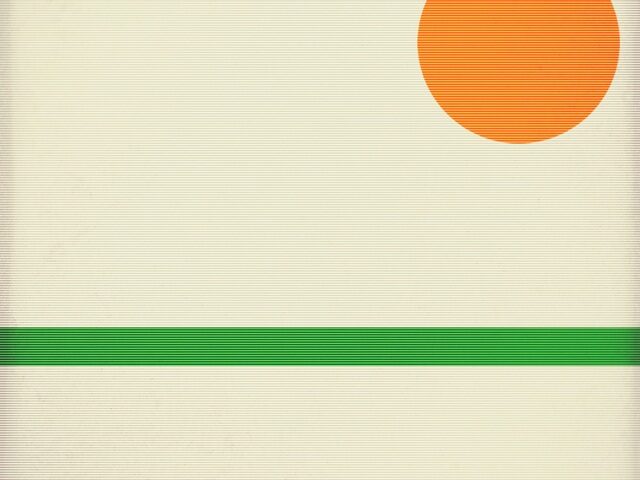
In music, two seemingly contradictory concepts – discipline and freedom – coexist harmoniously. You’ve heard the famous quote, “Practice makes perfect.” It sounds like a cliche, but it actually works in real life.
Musical discipline, characterized by consistent practice and mastering techniques, can lead to artistic freedom. This blog post explores the journey from discipline to freedom in music and how it enhances personal growth and creative expression.
Understanding Musical Discipline
Musical discipline is more than just regular practice; it’s a commitment to mastering the art of music. It involves learning and perfecting techniques, understanding musical theory, and dedicating time to practice consistently. It’s paying attention to details. This disciplined approach to music is the foundation upon which artistic freedom is built.
The Importance of Discipline in Music
It may seem counterintuitive, but discipline in music is crucial for several reasons. It allows you to develop your skills, understand the nuances of different musical styles, and create a strong foundation for artistic expression.
Having the technical skills and theory engrained in your subconscious mind frees your creative mind to be in the moment and create. It’s hard to create when your brain is busy barely keeping up with the physical process of performing the music.
With discipline, achieving proficiency in any instrument or voice is possible. Moreover, discipline in music practice helps musicians overcome challenges, adapt to different musical situations, and continuously improve their craft.
Another interesting side effect of a disciplined approach to your practice is that hard work, dedication, and drive are at least as important as talent. Relying on talent alone will get you nowhere.
The Journey from Discipline to Freedom
Disciplined practice in music might seem restrictive at first glance. And at first, it really is. You will be entirely consumed by learning a new skill.
However, it’s through this discipline that artistic freedom is achieved. As you master your instrument and understand the intricacies of music, you can express yourself more freely and creatively.
You can experiment with different styles, create unique compositions, and truly make your music your own. Discipline provides the tools, and freedom is the art created with those tools.
Real-Life Examples of Discipline Leading to Artistic Freedom
Learning modern music production is an excellent example of where discipline will eventually lead to freedom.
When you first start learning the basics of music production, listening to music through your monitors takes effort. You need to train your ears to differentiate between all the minute details and elements in the arrangement. It takes disciplined practice.
Choosing which microphone to use on an artist you’re recording is a guessing game until you can differentiate between the subtle nuances of each option. Only then can you hear which specific sound enhances and complements the singer’s tone. Then you’ll be able to record the perfect vocals for your production.
Many famous musicians exemplify how discipline can lead to artistic freedom. For instance, Prince, an exceptional musical talent, was known for his rigorous practice schedule and dedication to his craft.
This discipline allowed him to blend different musical styles seamlessly and create a unique sound that allowed him to make a lifelong career that still resonates with audiences today.
Tips for Cultivating Musical Discipline
Cultivating discipline involves setting a regular practice schedule, focusing on technique, and continuously learning. Setting realistic goals, practicing mindfully, and being patient with your progress is essential.
Remember, the purpose of discipline isn’t to restrict creativity but to provide a strong foundation upon which creativity can flourish.
Creating music often involves breaking existing rules, but you can only break the rules once you understand them in the first place. Creating that solid foundation is essential if you plan on making a career out of music.
The Impact of Musical Discipline on Personal and Artistic Growth
Discipline in music doesn’t just lead to artistic freedom; it also contributes to personal growth. The dedication, patience, and resilience developed through disciplined music practice can be applied to all areas of life.
Success in any area of your life requires discipline to reach freedom. Learning it through music is a great way to instill this approach in other areas.
Moreover, as musicians achieve artistic freedom, they experience increased confidence, self-expression, and satisfaction with their musical journey.
If you’re a performing artist, taking a disciplined approach to your practice can also help you perform confidently and overcome any stage fright.
The music business is the business of ‘no.’ You have to be able to take criticism and feedback and learn from it rather than let it push you down. Applying discipline to your practice and learning will allow you to learn and move onward and upwards rather than fall down and fail.
Discipline will also help you become proficient in areas you might not like. The business side of music is something we creative types often want to leave for someone else to deal with. But having a solid understanding of how the publishing side of music works is equally important.
Conclusion
Embracing musical discipline is the first step toward achieving artistic freedom.
Through the rigors of disciplined practice, you’ll learn to genuinely express yourself and create music that resonates with others. So, pick up your instrument, set a practice schedule, and take your first steps to artistic freedom.
Tero Potila Bio
Tero is a professional music composer and producer. His career combining knowledge and experience from music, TV, film, ad, and game industries gives him a unique perspective that he shares through posts on teropotila.com.





